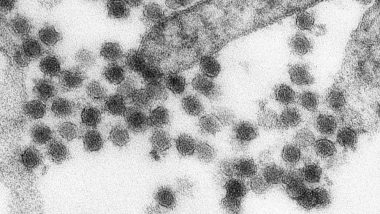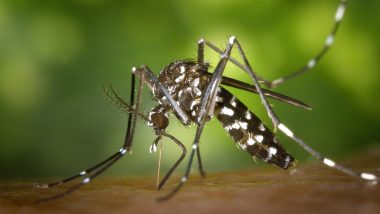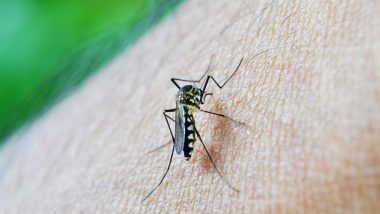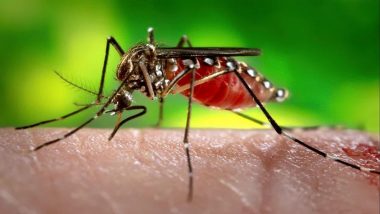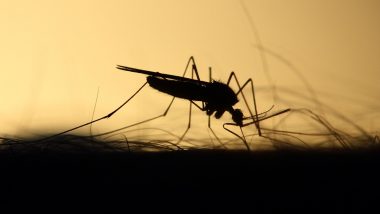Barely a year after the Nipah Virus contagion, Kerala’s Malappuram district now is now in the news for West Nile Virus, which claimed its first life on Monday. A seven-year-old boy from the district who was tested positive for the virus has now succumbed to the viral fever. The Matribhumi reported that the boy Mohamed Shan was pronounced dead at the Kozhikode medical college on Monday morning. The authorities have issued a high alert in the north Malabar region, but no other cases of the disease have been reported.
Kerala health minister KK Shylaja clarified that a high alert doesn’t mean there is any need to panic. The child was quarantined for the last 10 days and the alert was issued in keeping with the WHO protocol. She said that the state is working closely with the union health ministry and everyone who was in contact with the deceased child are being closely monitored. Read everything you need to know about the West Nile Virus here.
The Indian Council of Medical Research has swung into acting, observing the situation closely at central and state levels. It released a statement that said there are no other reports about the spread of the virus in other parts of the country.
What is West Nile Virus?
The West Nile Virus belongs to the flavivirus genus and the Japanese encephalitis antigenic complex. The virus enters human blood through bites of infected Culex mosquito.
Although mosquitoes are the carriers of the virus, they imbibe the pathogen while feeding on the blood of infected birds. If the West Nile Virus enters the human bloodstream, it can cause fatal neurological diseases.
Apart from humans, birds, horses and other mammals can also get infected.
How is West Nile Virus Transmitted?
West Nile Virus is mainly transmitted through the bites of infected Culex mosquitoes who carry the virus. Rarely, it can also spread through laboratory settings and exposure to infected bodily fluids, through blood and organ donation and from mother to baby via pregnancy, delivery or breast feeding.
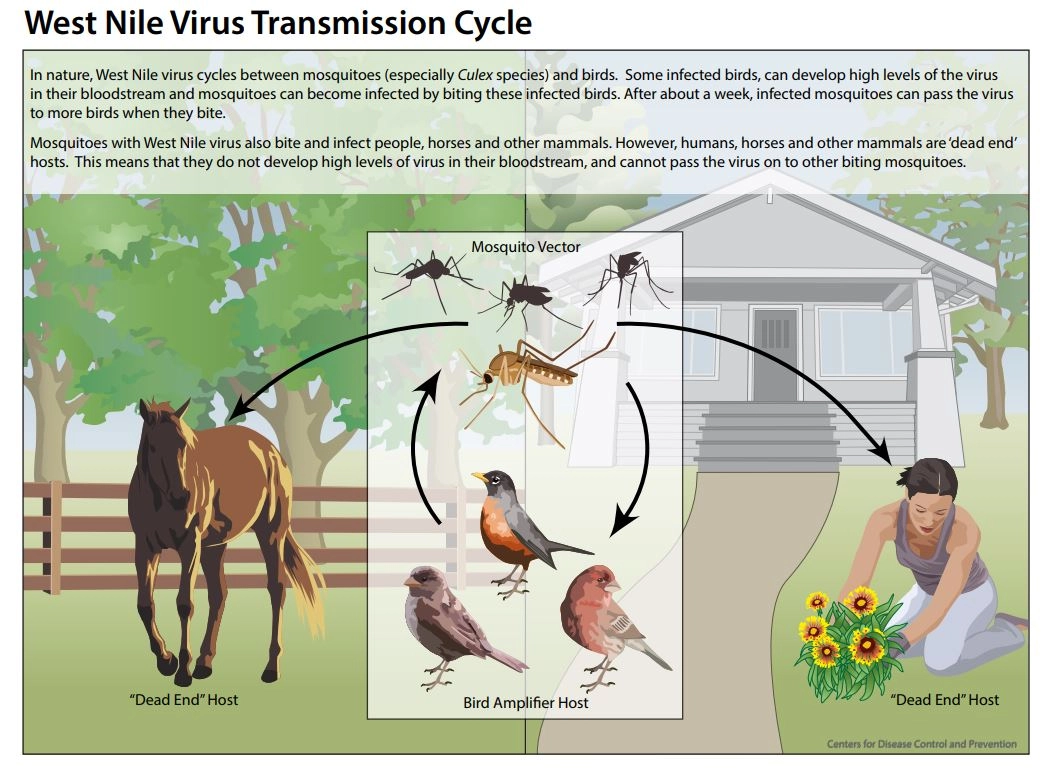
What are the Symptoms of West Nile Fever?
Common symptoms of the West Nile Fever include fever, headache, fatigue, body ache, nausea, vomiting and skin rash. The more severe form of the fever causes high fever, neck stiffness, tremors, coma, convulsions, muscle weakness and paralysis.
How is West Nile Fever Treated?
The West Nile Fever can be diagnosed with tests such as IgG antibody seroconversion and virus isolation. But there are no vaccines or specific treatment for West Nile Fever. Supportive treatment in the form of intravenous fluids, respiratory support and pain medication is given to the patients in severe cases.
How to Prevent West Nile Fever?
Prevention is the best bet against West Nile Fever. Reducing exposure to mosquito bites is important in the endemic regions. Wear long-sleeved shirts and pants to cover up the extremities. Use mosquito repellants, wear light-coloured clothes, place nets on windows to ward off mosquitoes and use protective gear while handling animals.
(The above story first appeared on LatestLY on Mar 18, 2019 12:21 PM IST. For more news and updates on politics, world, sports, entertainment and lifestyle, log on to our website latestly.com).





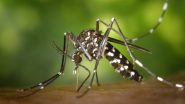







 Quickly
Quickly








